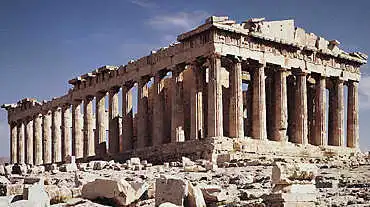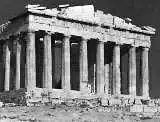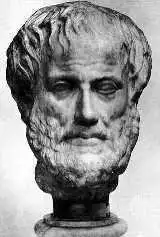Cosmos of the Ancients The Greek Philosophers on Myth and CosmologyPherecydes of Syros herecydes (flourished around 540 BC), traditionally credited to be the teacher of Pythagoras, was according to Theopompus and Cicero the first to write in the Greek language about nature and the gods, one of those texts being Heptamychos, on the origin of the world, existing only in fragments. He is likely to have been the first to proclaim the immortality of the soul, if not second to Thales, and the originator of the principle of metempsychosis, the immortal human soul passing from one body to the next human or animal after the death of the flesh.
herecydes (flourished around 540 BC), traditionally credited to be the teacher of Pythagoras, was according to Theopompus and Cicero the first to write in the Greek language about nature and the gods, one of those texts being Heptamychos, on the origin of the world, existing only in fragments. He is likely to have been the first to proclaim the immortality of the soul, if not second to Thales, and the originator of the principle of metempsychosis, the immortal human soul passing from one body to the next human or animal after the death of the flesh.
The beginning of the world he saw as the elements fire, air and water springing from Cronus. Diogenes Laertius quotes the beginning of a book of his: "Zeus and Time and Earth were from all eternity." In this he clearly opposed the primordial chaos of Hesiod, instead to be more in line with a number of presocratic philosophers stating the importance of recognizing something eternal, neither ever born nor ever dying. Those three primary and eternal deities are Zeus, Cronus and Chthonie, and of them it is Cronus who does, by his own seed, produce the three elements fire, breath (air) and water. From the elements a multitude of additional gods are born. Hermias explains the cosmogony of Pherecydes in this manner: Pherecydes says the principles are Zen and Chthonie and Cronus; Zen is the aither, Chthonie the earth and Cronus is time; the aither is that which acts, the earth is that which is acted upon, time is that in which events come to pass. Zen is Zeus, by Pherecydes spelled in many differing ways. Says Herodian: "I am not unaware that God is variously spoken of by the ancients. For there is also Dis and Zen and Den and Zas and Zes in Pherecydes according to his own inflection." Aristotle argued that Pherecydes, calling him a theologian, was mixing philosophical reasoning with myth, when stating that the god Zeus would be the original ruler. This mixture of his, where the gods represent fundamental forces of nature, could also be called allegorical, in the sense used about mythology, where gods and myths about them represent certain meanings or events, other than those described.
LiteratureSchibli, Hermann S., Pherekydes of Syros, Oxford 1990.Diogenes Laertius, Lives of Eminent Philosophers, translated by R. D. Hicks, volume I, Loeb, London 1942. Aristotle, Metaphysics, 1091a29-b 12, quoted in Schibli, Hermann S., Pherekydes of Syros, Oxford 1990.
© Stefan Stenudd 2000

The Greek Philosophers
AristotleIntroductionAristotle's LifeTimelineAristotle's PoeticsAristotle's CosmologyAbout CookiesMy Other WebsitesCREATION MYTHSMyths in general and myths of creation in particular.
TAOISMThe wisdom of Taoism and the Tao Te Ching, its ancient source.
LIFE ENERGYAn encyclopedia of life energy concepts around the world.
QI ENERGY EXERCISESQi (also spelled chi or ki) explained, with exercises to increase it.
I CHINGThe ancient Chinese system of divination and free online reading.
TAROTTarot card meanings in divination and a free online spread.
ASTROLOGYThe complete horoscope chart and how to read it.
MY AMAZON PAGE
MY YOUTUBE AIKIDO
MY YOUTUBE ART
MY FACEBOOK
MY INSTAGRAM
STENUDD PÅ SVENSKA
|
 Cosmos of the Ancients
Cosmos of the Ancients